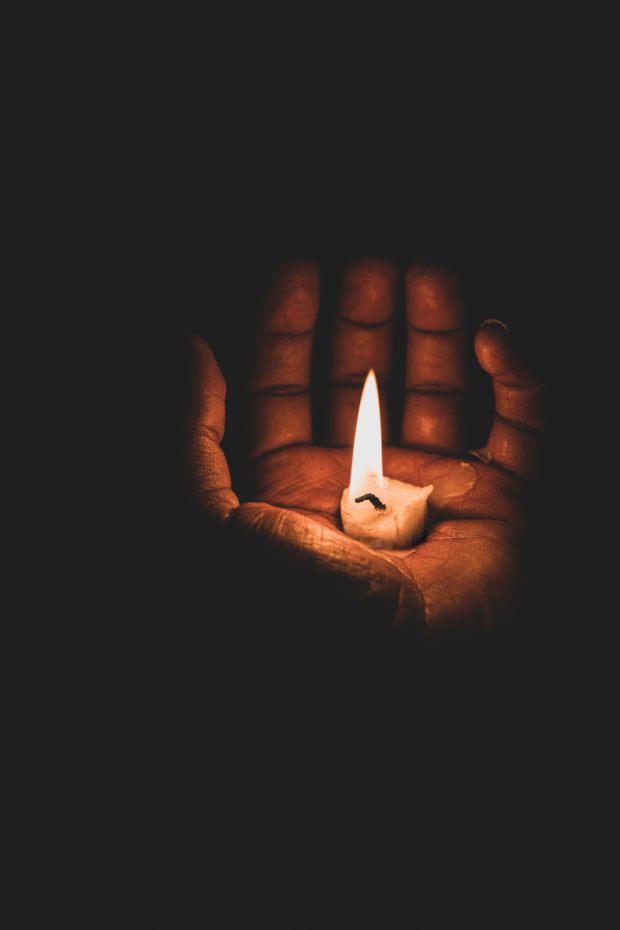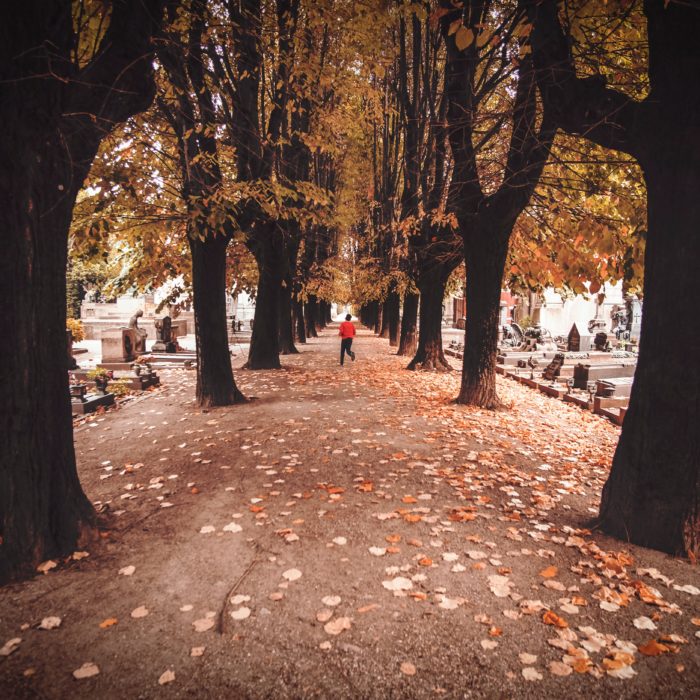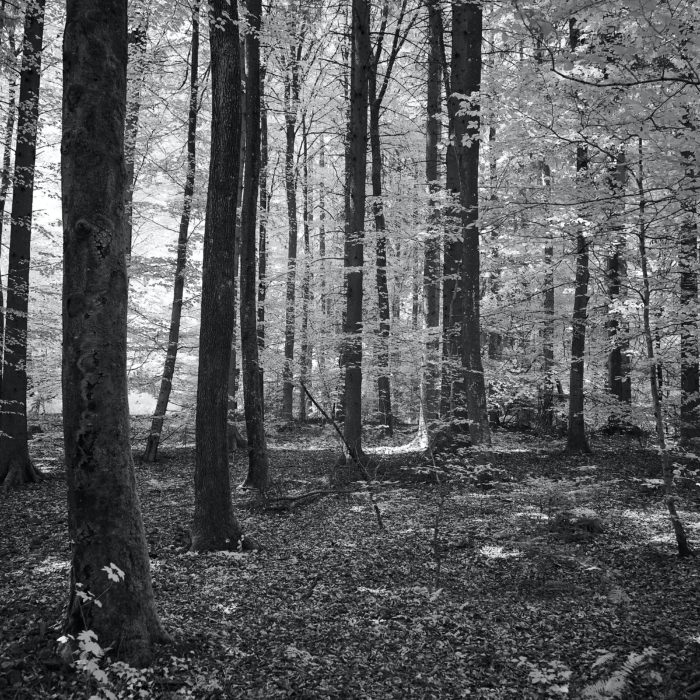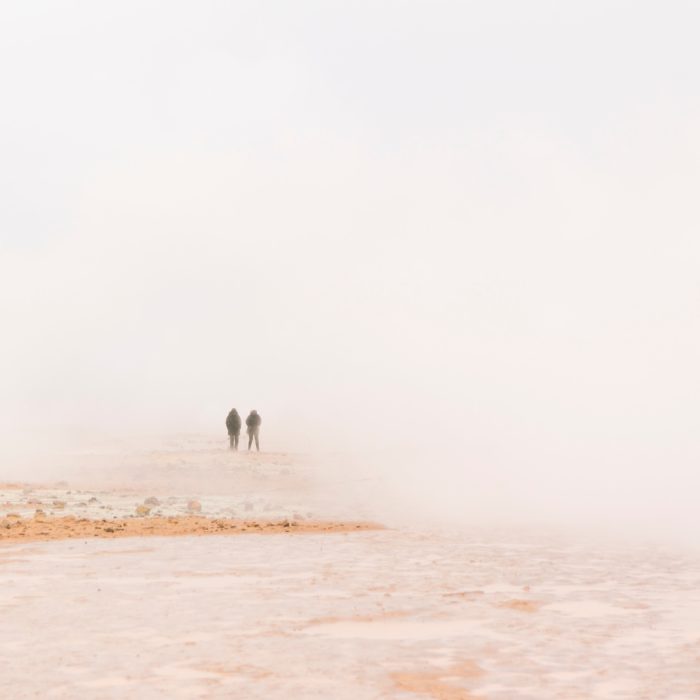You have no items in your cart. Want to get some nice things?
Go shopping“Even if you can’t recollect it, dying alters your perspective; you live a life less attached, more forward-looking. We’re all destined to die; it’s just that some have died already.”

If you’re resolved to leave the island, it is first of all necessary to die. No use asking how this state of affairs came about; perhaps it’s always been that way. Some here like to say we’re dead already – they call the island our “open coffin” – but how can you be dead without first dying? This business of dying, it’s no game, or, if a game, a perfectly serious one. Among us there are two ways. First, and by far the more common, you can live your whole life never leaving the island: live here and die here, and they’ll bury you in the graveyard. For those of us determined to cross the sea, however, there exists a second option: to depart your life before you go. Such a departure is typically a private, solitary affair. But in certain cases, as an act of charity to those left behind, family or a friend may be in attendance. [1]
All my life I’ve been fascinated by death. Many of us are, especially among the younger generation. As a child I had a fish that died. My only regret was that it had done so while I slept so that I missed its final moments. I kept the news from my mother for more than a week, studying the process of watery decomposition. My father, by then, was long gone. Some years later, while my sister lay dying, I slipped beneath her bed, only to be discovered and driven out. I dug graves and carried coffins one summer while at school. In dreams, I saw myself often on my deathbed.
What I’m trying to say is the time had now come for my own departure. Already the matter had been too long delayed: my two closest friends had crossed before me! Even dear Anika chose not to wait. And no work these past several years. I was an old man of thirty-two. Only there was the question of my mother with whom I shared a modest home. She was old and, it goes without saying, set in her ways. No question of her accompanying me on the crossing. The kindest solution, it seemed to me, the best way to stop her missing me, worrying and feeling alone – all the ways I’d felt since Anika crossed – was to have her there to witness.
Now, as I say, those who leave my island – Anika was one such – typically prefer a private passage. Alone in their bedrooms, they wait until dark before passing unobserved and making their way over Parrot Hill. No need for any note of explanation, no search for bodies; within an hour those left behind know they’re gone. And shortly afterwards, no doubt, the dead ones take ship. A solitary departure, slipping away like that, would have suited me well, but it wasn’t to be. I made up my mind to do it in the kitchen.
First I took a bath but decided not to shave. I put on a black suit, shoes and tie. I’d chosen the kitchen on account of the table. I removed the cloth and gave the pale wood a wipe. I draped a towel over the mirror. Candles in daylight seemed like a waste. That was when my mother arrived home, earlier than anticipated. I’d meant to break it to her gently. It wasn’t until she saw the mirror that she caught on.
She said it was impossible. She said a person can have only one home. She said we were bound to live the life we’re given, in the place we were given it and no other. Did I say she harbors religious convictions? People like that, women especially, fail to grasp the nature of the modern world. Dying, she persisted, passing on, wasn’t something you chose; it was something that happened to you. Not at all, I retorted. Being killed – by accident or disease or plain old time – was something that happened to you, as it had happened to my poor sister; dying was active, or at least it could be, a deliberate choice not to go on with a certain life.[2] I could have brought up my father’s long-ago departure, but what’s the use of talking to the older generation? I feared the argument would grow heated, and I’d no wish to leave her after exchanging words.
So I simply stretched out on the table, with the heels of my shoes hanging off the end, and I shut my eyes fast. My mother made a noise like porridge bubbling on the stove. She said she’d no time for my nonsense. For a minute or two I could hear her pottering about the kitchen. Distraction. A little impatience.
Life is stubborn.
It was trickier than I’d imagined: the leaving-go.
But at last…
*
Even by the light of our paraffin lamp, I could tell she’d suffered. She’d changed into a mourning hat and dress, and flat black shoes. No doubt she’d had quite a shock at first. And then she’d pulled a chair up beside the table to wail and weep, her head like a wilted flower and a shawl draped over it.[3]
For myself I felt pleasantly detached, like I’d had a good back rub and a nap. It was all very interesting, if I may say so. I’d happily have taken my time, examining my condition, describing my emotions and state of mind, but I had a ship to catch. I sat up very gently but of course, with the shadows and so on, she let out a scream. “You died,” she stammered, pointing a stubby finger. “You’re gone.”
I nodded.
And it was back to the shawl over the head, her body quaking as though the island was suffering one of its tremors. I was ready to steal out the door, but when she looked up again something had shifted. The puzzled stare she gave me then, as though dredging her memory for my face. For a moment she seemed on the brink of recognition, but then – she spoke as if it had happened a year ago – “My son is gone.”
I’d heard about, and counted upon, this phenomenon in cases of non-solitary crossing. Of course my mother couldn’t know me now she saw me dead. (Had I chanced to see Anika afterwards, climbing Parrot Hill on her way to the ship, would I have known even her?) A week or a month from now, so they say, I would no longer know myself.
“He was my only boy,” my mother told me. “You have a slight look of him, sir.”
I forced a smile, still sitting in my black suit on the kitchen table.
“Not that he was my favorite. The other died young, a girl.”
So much for filial devotion! I ought to have cleared out years ago! There was nothing to be gained by lingering. Best get off and out the door before she started asking questions. Of course she pressed me to stay. That relentless hospitality of ours!
*
And so, late last night, it was my turn to climb Parrot Hill. At the top I halted, breathing hard. Down below shone the lights of our island’s port, from which I’d begin my final journey. It’s an arduous crossing, they say, but I feel the hardest part is behind. Perhaps you’re wondering who “they” may be, since of course none returns to tell their tale. Ours is not the first generation to leave the island. I suppose, for all the barriers and the distance between, word has a way of filtering back.
They even say, I’ve heard some say this at least, that you can leave our island without first dying. To cross like that, it sounds strange but it could be; in a place without rhyme or reason, why expect absolute rules? They say, however, that such poor souls gather at the stern rail, gazing back at the empty horizon. As the scent of our island fades some hurl themselves into the churning wake. Others, they say, complete the voyage and descend the gangplank from the ship. They stand again on dry ground but you cannot say they have arrived. Without first dying you can cross over, they say, but you never really arrive. In order to start a new life you must first set a seal on the old. This may all be so; I’m not yet in a position to comment.[4]
As for this experience of being dead, it feels not much like anything at all. Detached, as I say, a sort of living death, though not the kind endured by those who choose to stay here. Over there, in that new land, I’ll continue for a while to no longer exist. And then, with luck, I will live again (or for the first time). I’ll be born again, gradually, only that person, of course, will not be me. He’ll not remember me, or the island with its blossoms and birdsong, or death on a kitchen table. This forgetting process may have begun already; on board the ship, I’m told, it will gather pace.
And will oblivion, finally, be absolute? Some say yes; others are less certain. As I descend the switchback path to the port where the ship is in, I’m wondering about Anika of course, my sweet Anika. Say our paths should cross, hers and mine, over there, on the street of some teeming metropolis. A slim chance, no doubt. Romantic daydream! But, truly, would there be no glimmer of recognition at all? A second glance? A feeling? Surely some echoes of our old lives and loves survive the crossing?
[1] Do these words of mine puzzle you? Understand that my country lacks all significance; a pinprick in a broad ocean, it’s a long way from anywhere and nothing whatever like yours. Here, we have no industries – once, long ago, there were copper mines. No science or technology either, no computers even, and precious little in the way of logic or reason.
[2] The distinction between the two verbs is clearer in our own language.
[3] Does this peculiar practice of ours seem barbaric? Really it’s far more merciful. Easier for a mother to have her child die than have him take ship without prospect of return. Better mourning than missing.
[4] To truly make sense of all this, you’d need to have lived our lives, and deaths. You’d have to have made that long, lonely sea-crossing too.

About PAUL BLANEY
Paul Blaney is a British writer now resident in Pennsylvania, USA. His latest novel is called Jardin des Animaux. For his 53rd birthday next week he would like a new president and has voted accordingly. He thinks a lot about death.




